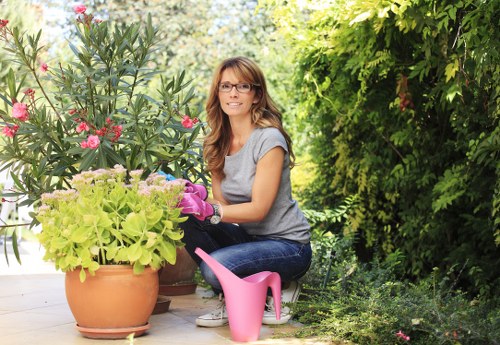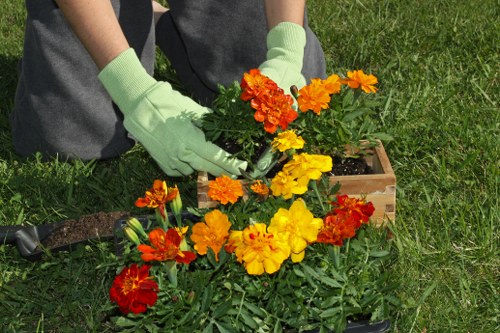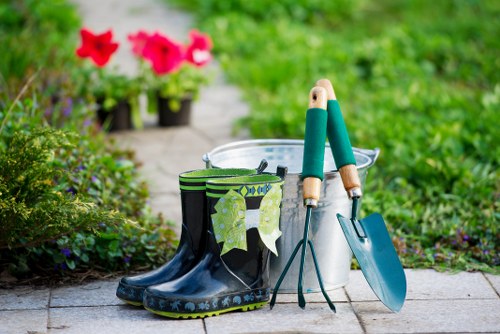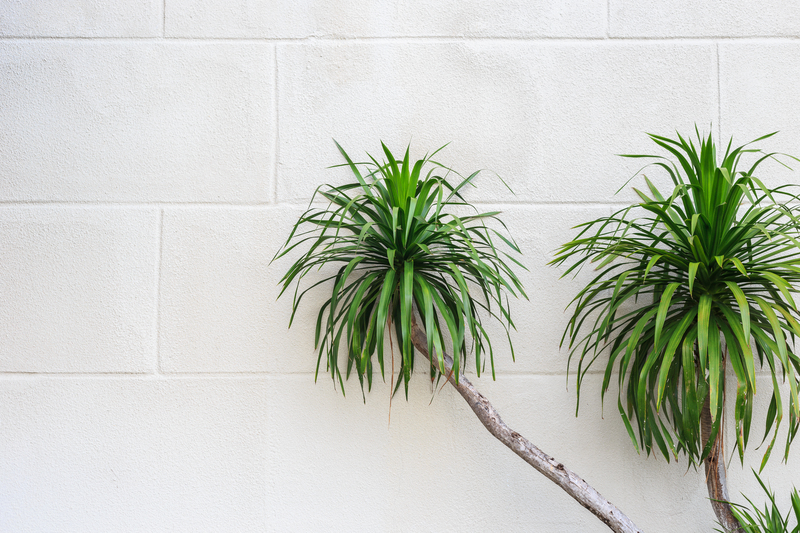Comprehensive Garden Maintenance in Mottingham

Welcome to our detailed guide on garden maintenance in Mottingham. Maintaining a lush and vibrant garden requires consistent effort, knowledge, and the right techniques tailored to the local climate and soil conditions. Whether you're an experienced gardener or just starting out, understanding the essentials of garden care in Mottingham will help you create a beautiful outdoor space.
One of the first steps in effective garden upkeep is assessing the current state of your garden. This includes evaluating soil quality, identifying existing plants, and recognizing any pest or disease issues. A thorough assessment allows you to develop a customized maintenance plan that addresses the specific needs of your garden.
Soil health is paramount for the success of any garden. Conducting a soil test helps determine the pH levels and nutrient content, enabling you to amend the soil accordingly. In Mottingham, the soil can vary, so adjusting it to suit the plants you wish to grow is essential for optimal growth.

Choosing the right plants for your garden is another critical aspect of garden maintenance in Mottingham. Opting for native and drought-resistant plants can reduce the need for extensive watering and maintenance. Additionally, these plants are more likely to thrive in the local environment, offering a sustainable and low-maintenance solution.
Regular pruning and trimming are essential to maintain the shape and health of your plants. By removing dead or diseased branches, you encourage new growth and prevent the spread of pests and diseases. Proper pruning techniques vary depending on the type of plant, so it's important to familiarize yourself with the specific needs of each species in your garden.
- Prune flowering shrubs after they bloom to encourage future blooms.
- Trim back invasive species to prevent them from overtaking other plants.
- Remove any dead or damaged foliage to maintain plant health.

Water management is a cornerstone of garden maintenance in Mottingham. Implementing efficient irrigation systems, such as drip or soaker hoses, ensures that plants receive adequate moisture without wasting water. Scheduling watering sessions during the early morning or late evening can reduce evaporation and improve water absorption.
Mulching is another vital practice that offers multiple benefits. A layer of mulch helps retain soil moisture, suppresses weed growth, and regulates soil temperature. Organic mulches, like compost or wood chips, also add nutrients to the soil as they decompose, enhancing overall soil fertility.
Weed control is essential to prevent unwanted plants from competing with your garden's flora. Regular weeding, combined with the use of weed barriers and mulch, can significantly reduce weed proliferation. Additionally, natural herbicides and manual removal are effective methods for maintaining a weed-free garden.

Fertilization plays a crucial role in sustaining plant health and vigor. Using organic fertilizers enriches the soil with essential nutrients and promotes beneficial microbial activity. It's important to follow a fertilization schedule tailored to the specific needs of your plants to avoid over-fertilizing, which can lead to nutrient burn and other issues.
Pest and disease management is an ongoing task in garden maintenance in Mottingham. Regular monitoring allows for the early detection of problems, enabling timely intervention. Employing Integrated Pest Management (IPM) strategies, which combine biological, physical, and chemical controls, can effectively manage pests while minimizing environmental impact.
Seasonal Garden Care
Adapting your garden maintenance practices to the changing seasons ensures year-round plant health and beauty. In spring, focus on planting new seeds, pruning, and preparing beds for the growing season. Summer requires diligent watering, pest control, and deadheading to encourage continuous blooms.
Autumn and Winter Maintenance
As the weather cools, autumn is the time to clean up fallen leaves, mulch beds, and protect sensitive plants from frost. Winter maintenance includes planning for the next gardening season, harvesting any remaining crops, and ensuring that tools and equipment are properly stored and maintained.

Conclusion: Maintaining a well-kept garden in Mottingham is achievable through diligent care, appropriate plant selection, and effective management of soil, water, and pests. By following these best practices, you can create a thriving garden that enhances the beauty of your home and provides a serene environment for relaxation and enjoyment.
